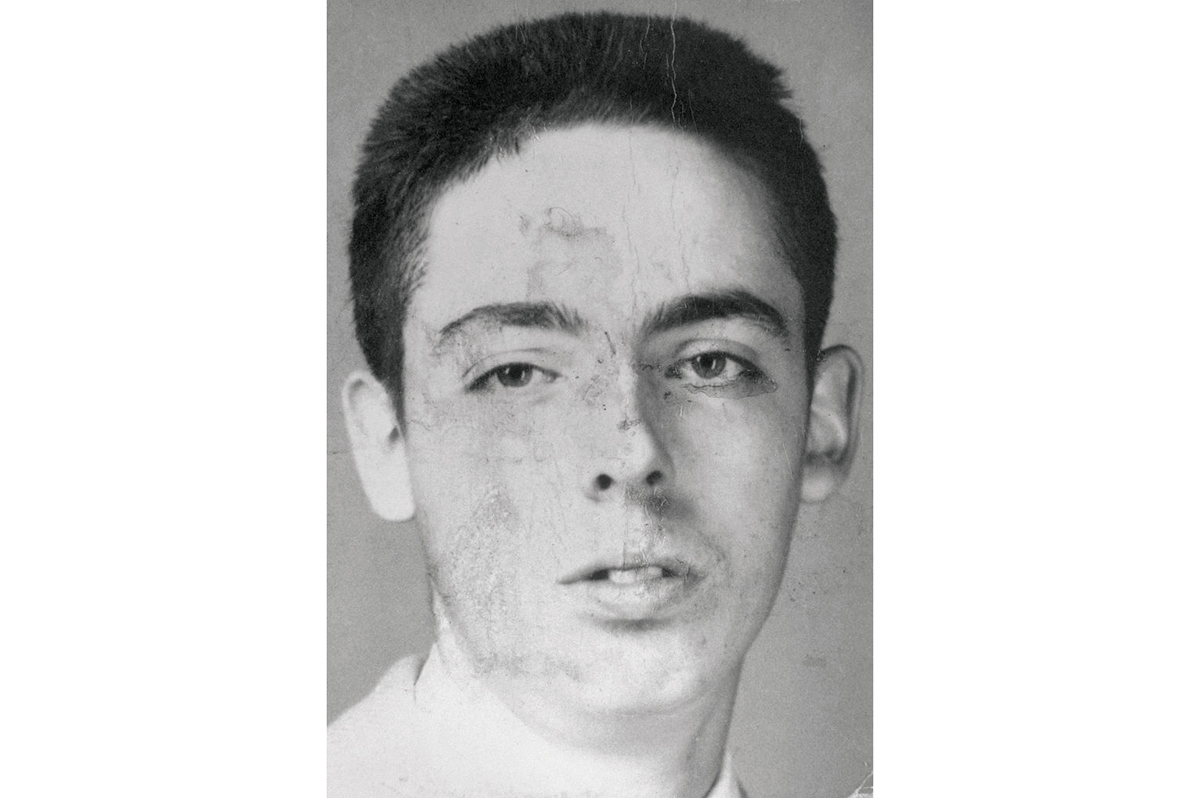More than ever, arguments about tradition and gender roles are flaring up across the States and beyond. It is timely, then, that Addie E. Citchens’s debut novel, Dominion, arrives in this climate of revivalist misogyny and debates about rigid patriarchy. It is a story of power cloaked in piety, and of the damage done when pride usurps justice. Citchens is obviously an author of steely intelligence who possesses a crisp and sharp eye for tiny vignettes of ordinary cruelty, and has unwavering compassion and love for her subjects. Nothing is obvious in her work, and nothing is contrived.
Citchens sets her story within a claustrophobically tight-knit black Missionary Baptist community in Mississippi. It is dominated by Reverend Sabre Winfrey, a preacher and small-town magnate who rules both congregation and household with an alarming and increasingly volatile absolutism. He has five sons, a barbershop, a radio station and a wife expected to smile and submit. While he is a tyrannical, seemingly omnipotent figure puffed up with self-imposed divine right, he is not the cartoonish character you’d find in an inferior novel. His control extends from pulpit to dinner table, corroding everyone it touches, but he faces his own unsettling trauma and complex inner life.
This is a novel of titanic insight and might well be studied by schoolchildren 40 years from now
At first, the novel appears to tread familiar ground. Priscilla Winfrey, his wife, is hollowed out by pills and alcohol yet maintains a veneer of respectability. Diamond, a troubled teenager obsessed with the Winfreys’ eldest son, mistakes attention for salvation. These figures could have been taken from stock melodrama: the submissive wife, the vulnerable girl, the monstrous patriarch. But this isn’t a tired tale of a weak, faltering wife finally removing her floral apron and standing up to a cartoonish monster.
Beyond these characters, Citchens delves into deeper themes that elevate the narrative, offering an examination of how goodness can be found in wholly unanticipated ways.
Appropriately enough, this goodness seems to come from the golden boy of the family, Emmanuel “Wonderboy” Winfrey. At first, Emmanuel appears to embody everything the family wants to project about masculinity and success. Handsome, gifted and devout, his wholesome all-American qualities reassure outsiders that all is well inside the household. Citchens steadily undermines his shining image, showing the ugliness that external pressure for perfection conceals – and how a community desperate for proof of virtue colludes in ignoring what lies beneath the surface. She posits a difficult question: what does it mean to have principles if they are practiced out of fear?
Citchens writes with clipped clarity and has a sharp eye for telling gestures: a joint rolled between fingers, the gleam of a cufflink, whiskey poured with needless ceremony. Such details expose hierarchies and insecurities just as effectively as sermons or confessions do.
Cruelty is commonplace here, which is precisely what makes it terrifying. The structure resists neatness. Justice is uneven, and some lives remain unresolved.
Readers who prefer clean endings may bridle, yet the refusal to impose tidy resolutions gives the novel its interest. Life in Citchens’s Mississippi is jagged, and the narrative mirrors it. Revelations are devastating precisely because they are not softened by redemption.
Citchens also unpacks social complicity with consummate narrative skill. Her characters slowly come to terms with their own failings in a way that recalls an Arthur Miller morality play. People are driven not by twists of plot but by the slow accumulation of choices, vanities and compromises.
The result is less a sanctimonious fable than a study of the ways communities bolster tyrants and polish their reputations while quietly suffering behind closed doors. Her evocation of Southern life has the richness of lived detail, and she uses language with a moral weight that never tips into sermonizing.
Dominion is not without its flaws, though. A character or two might have been given more space to develop, and a shift in perspective – such as the abrupt transition to Diamond’s viewpoint in chapter seven – occasionally jars.
Yet these are minor flaws in a novel of titanic insight. This novel might well be one schoolchildren study 40 years from now. It certainly furthers the contemporary conversation on what the major tenets of strength, masculinity, power and justice should be in a world increasingly hostile to questioning those ideas.
Dominion is unsettling and ambitious, a debut of striking authority. It offers no answers, only the clear recognition of how power corrodes those bound to it – and that is precisely why it matters.
This article was originally published in The Spectator’s October 27, 2025 World edition.


























Leave a Reply